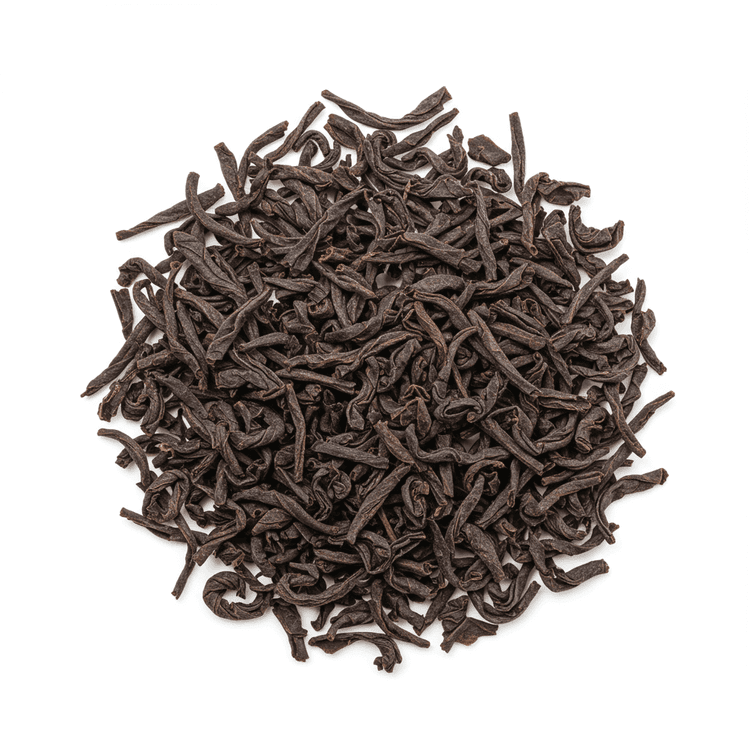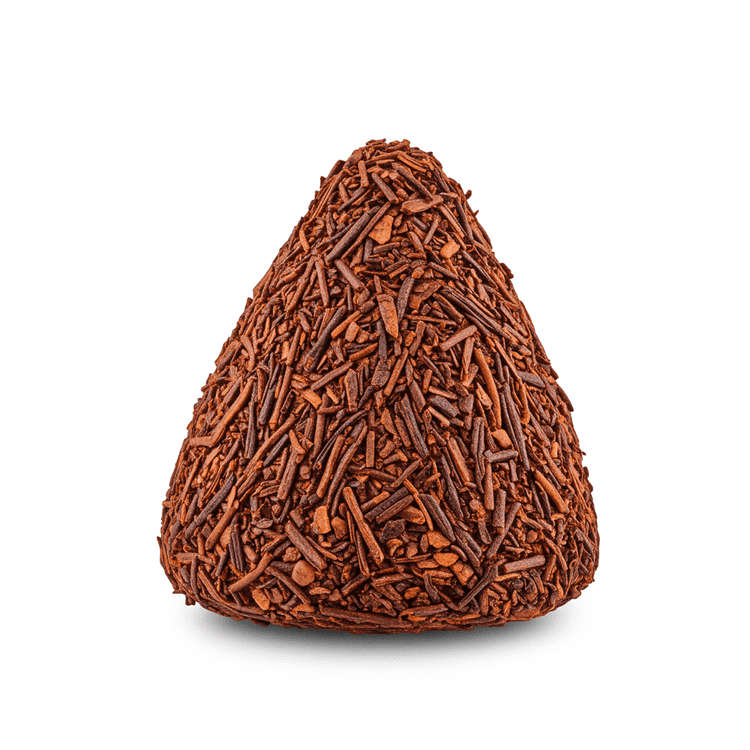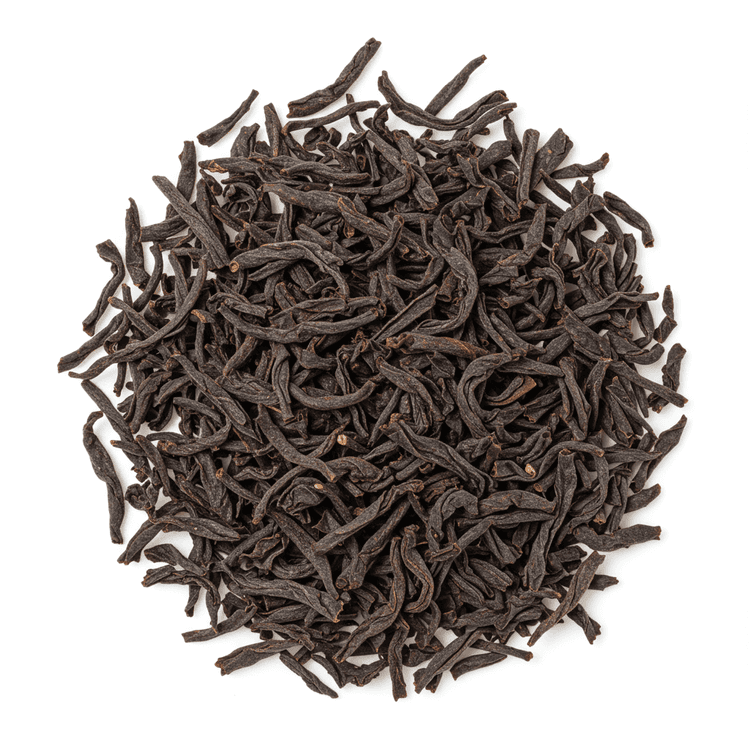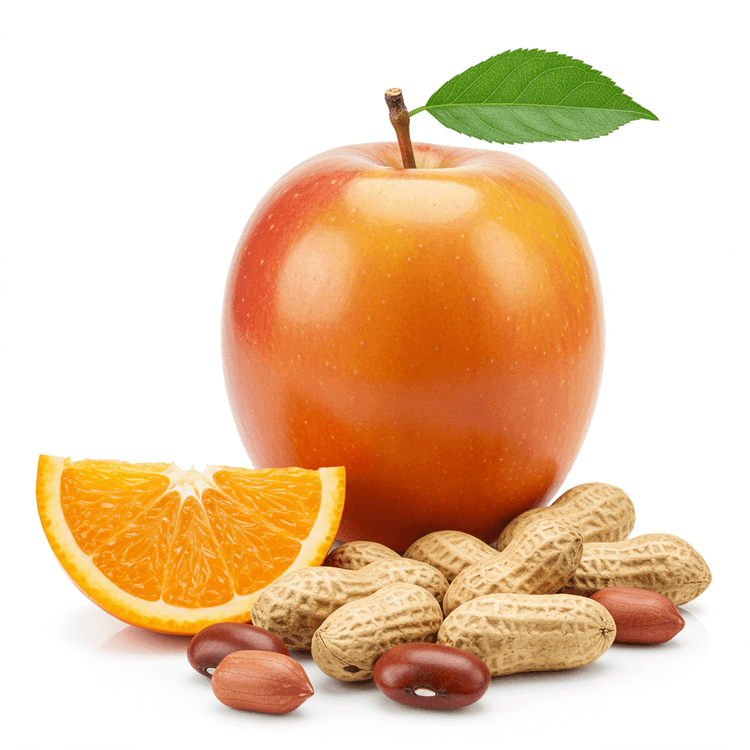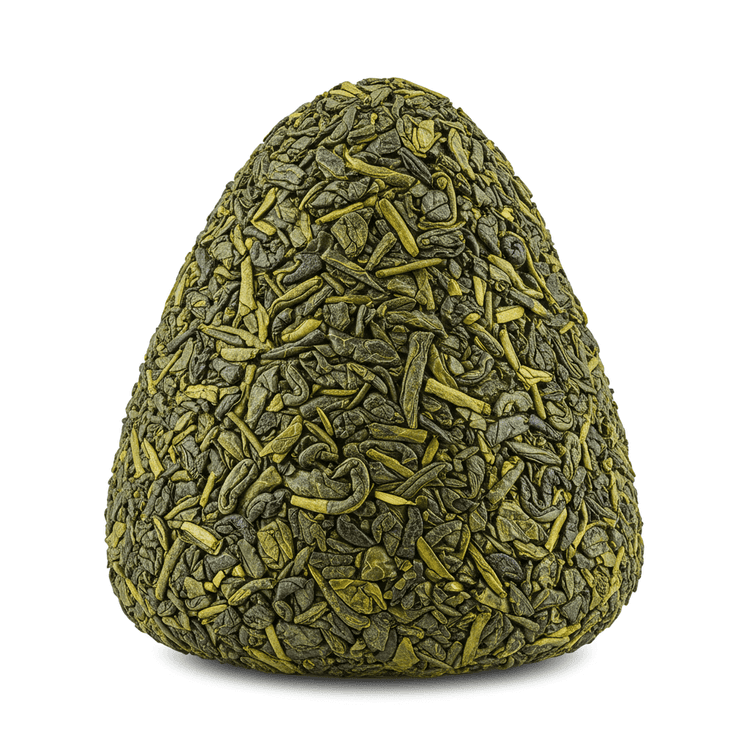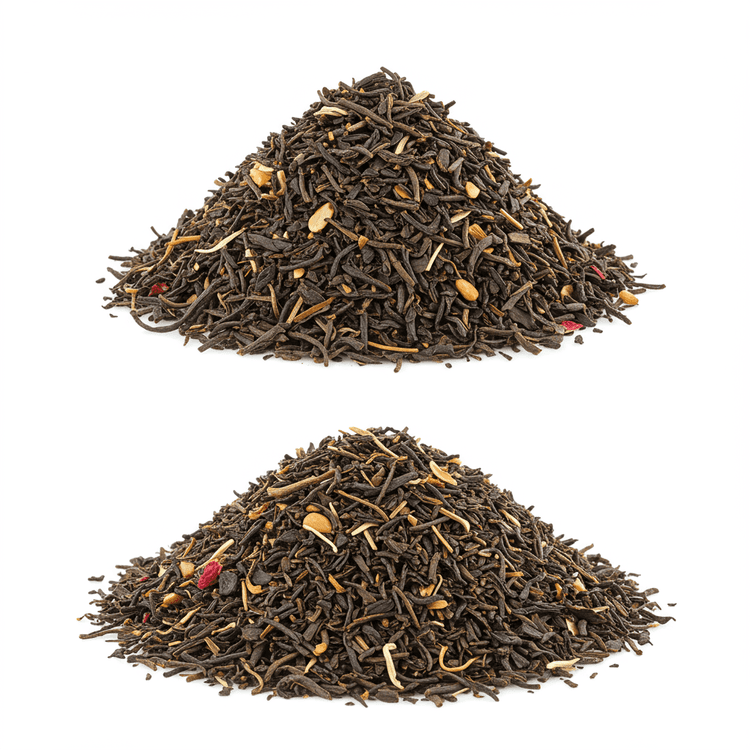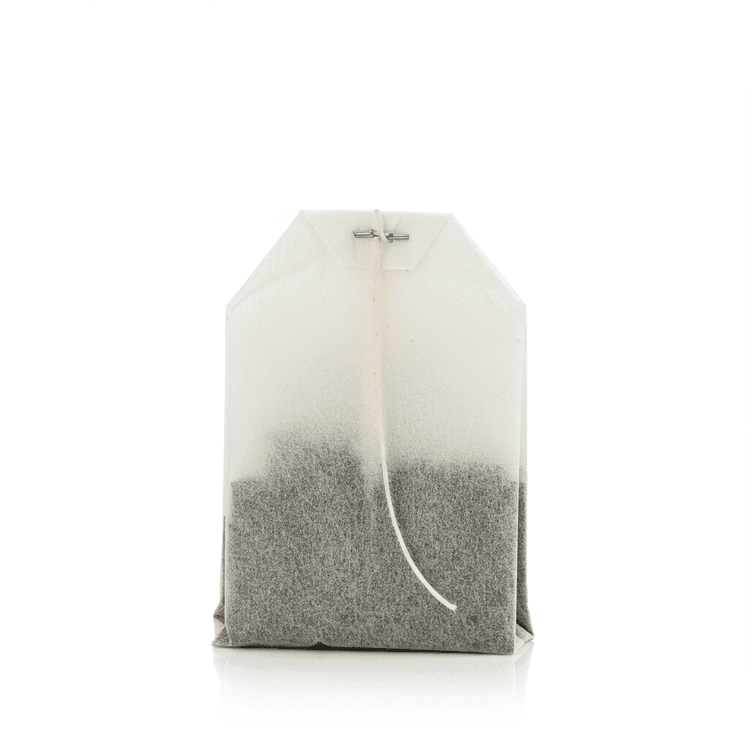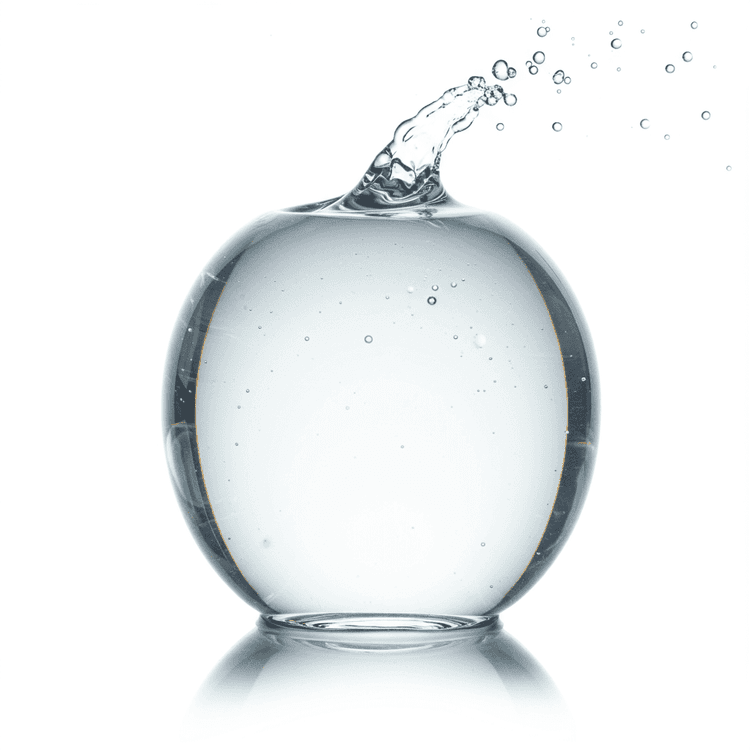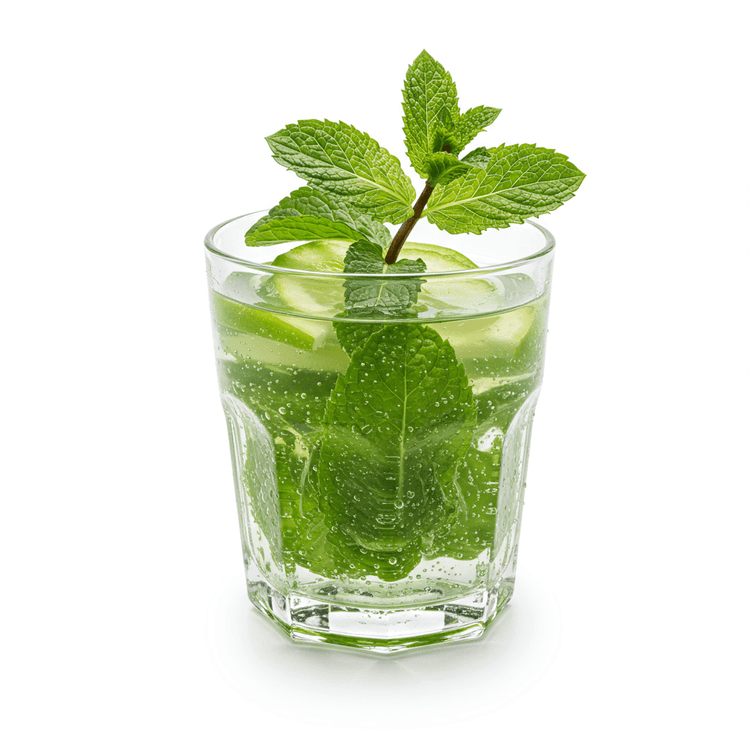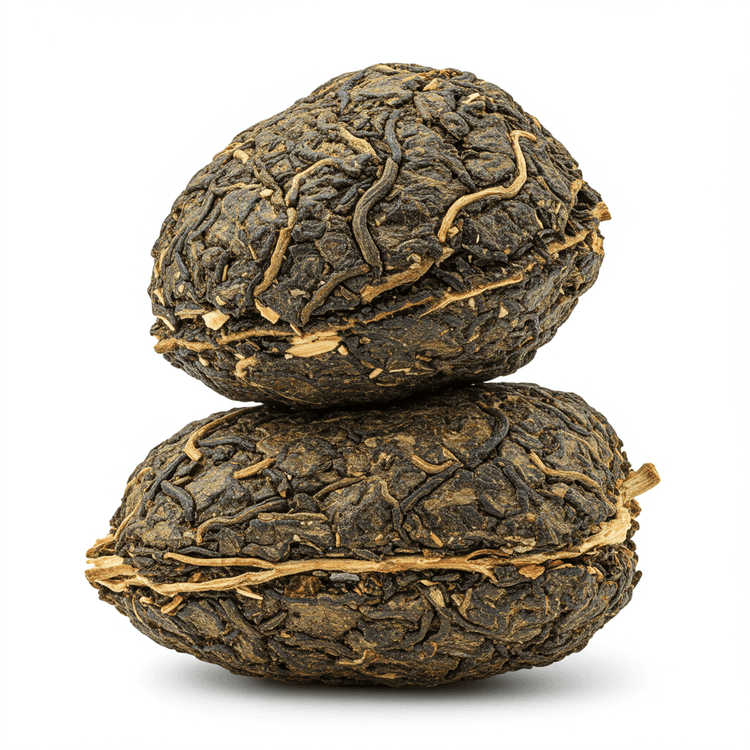
Herbal Tea
Herbal tea, often called a tisane, is a delightful and caffeine-free beverage crafted from an infusion or decoction of herbs, spices, flowers, fruits, or other plant materials. Unlike traditional teas derived from the Camellia sinensis plant (black tea, green tea, oolong tea, and white tea), herbal teas offer a diverse range of flavors, from floral and fruity to earthy and spicy. The taste and aroma will heavily depend on the specific blend of ingredients used. Their appearances can range from a pale yellow to deep red depending on the ingredients. They're known for their natural ingredients and often consumed for their purported health benefits and relaxing properties. Many people enjoy herbal tea as a warm and comforting drink during cooler weather, as a refreshing iced beverage in warmer months, or for its therapeutic qualities.
Common Uses
- To create soothing bedtime beverages: Many herbal teas, like chamomile or lavender, are popular for their calming properties and can promote relaxation before sleep. They can be consumed warm or with a touch of honey to enhance their effects.
- As a flavorful base for cocktails and mocktails: Fruity and floral herbal teas add complex flavor to cocktails and mocktails. They can be steeped and chilled before being mixed with other ingredients to create refreshing and unique drinks.
- To infuse broths and soups with delicate flavors: Certain herbal teas, such as thyme or rosemary tea, can be used to infuse broths and soups with subtle herbal notes. Add a tea bag or loose-leaf tea to the simmering liquid for a few minutes, then remove before serving.
- As a refreshing iced beverage: Fruity and floral herbal teas, like hibiscus or rosehip, make excellent iced beverages. Simply brew the tea as usual, let it cool, and then pour it over ice for a refreshing and hydrating drink. Add fresh fruit slices for an extra boost of flavor.
- For easing digestion: Ginger or peppermint herbal teas are frequently consumed for their digestive properties. They can help relieve bloating, nausea, and indigestion after a meal. Enjoy a cup warm after eating for best results.
- As a natural remedy for colds and flu: Herbal teas, particularly those containing ingredients like echinacea, ginger, or lemon, are often used as a natural remedy to relieve cold and flu symptoms. They can help soothe a sore throat, clear congestion, and boost the immune system.
Health Benefits
- Rich in antioxidants to combat free radicals and support overall health.
- May promote relaxation and reduce stress due to calming herbal properties.
- Can aid digestion and alleviate bloating, depending on the specific herbs used.
- Supports hydration, contributing to healthy skin and bodily functions.
- Some herbal teas may help boost the immune system with vitamins and minerals.
- Certain herbal teas can assist in better sleep quality and insomnia relief.
Substitutes
Chefadora AI is here.
Experience smarter, stress-free cooking.
Storage Tips
Herbal teas should be stored in an airtight container in a cool, dry, and dark place to preserve their flavor and potency. Avoid exposure to moisture, heat, and light, as these can degrade the essential oils and delicate compounds. Properly stored herbal tea can maintain its quality for up to a year. For optimal freshness, use within 6-12 months.
Marnirni-apinthi Building, Lot Fourteen,
North Terrace, Adelaide, South Australia, 5000
Australia

